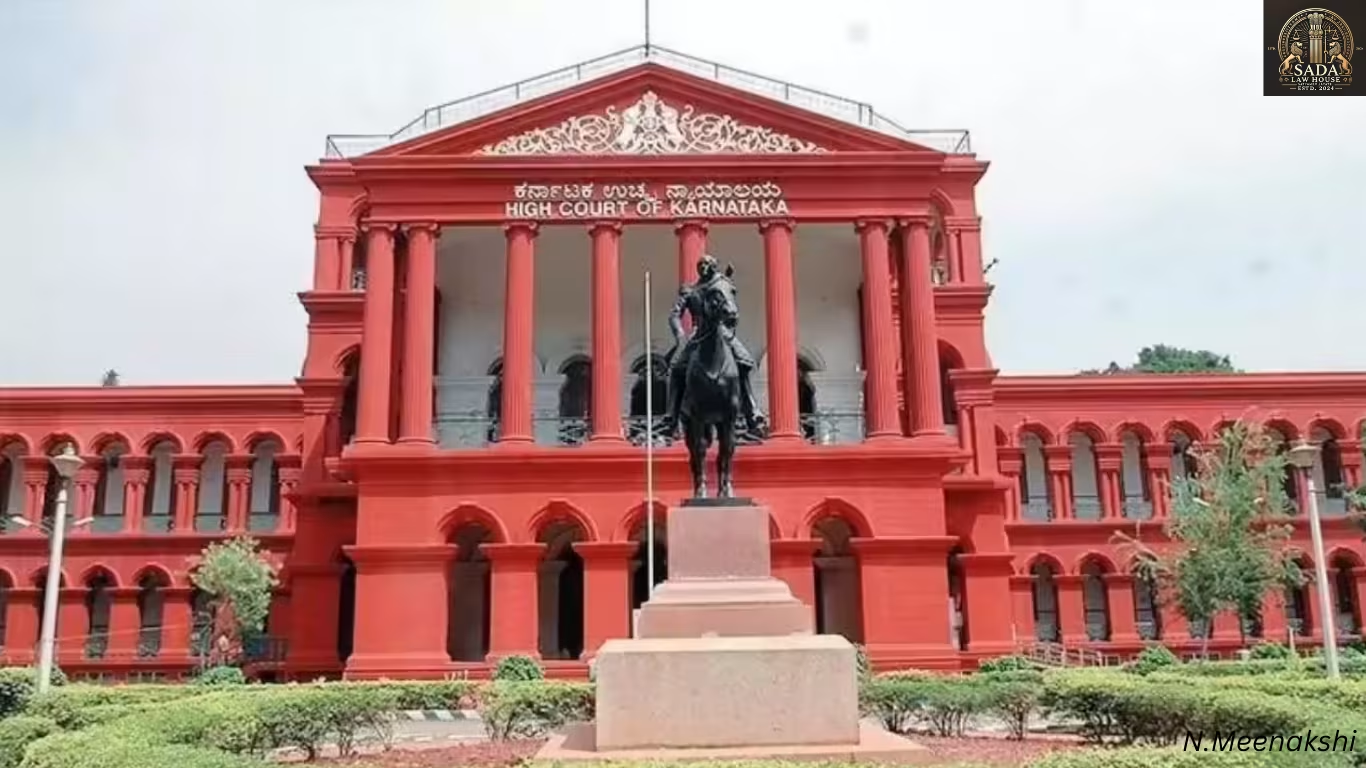High Courts in India Navigate Justice, Politics, and Social Equity
- Shristi Singh
- 26 September 2025

Introduction
Recent rulings from the Delhi, Rajasthan, and Karnataka High Courts highlight the judiciary’s role in balancing individual rights, public safety, and state authority. These cases reflect the courts’ efforts to uphold justice while preventing misuse of legal processes.
Background
Delhi HC: Communal violence in Northeast Delhi (2020 riots) and subsequent murder charges.
Rajasthan HC: Petitions seeking FIRs against PM Modi and Home Minister Amit Shah over the Citizenship Amendment Act (CAA).
Karnataka HC: State-led caste survey to collect socio-economic data amid privacy concerns.
Key Developments
Delhi HC: Denied bail to accused rioters citing severity of crime and risk to witnesses.
Rajasthan HC: Dismissed petition for FIR against political leaders, emphasizing separation of powers.
Karnataka HC: Allowed caste survey to continue with safeguards for voluntary participation and confidentiality.
Issues
Balancing public safety against personal liberty (Delhi HC).
Preventing criminalization of governance decisions (Rajasthan HC).
Ensuring privacy and preventing misuse of sensitive socio-economic data (Karnataka HC).
Current Status
Delhi HC: Accused remain in judicial custody pending trial.
Rajasthan HC: Petition dismissed; FIR not registered.
Karnataka HC: Survey ongoing under court-mandated privacy and consent safeguards.
Conclusion
These rulings collectively demonstrate the judiciary’s careful calibration of law, politics, and social equity. While contexts differ—communal violence, political accountability, and caste surveys—the courts consistently aim to prevent misuse of law and protect constitutional principles.






